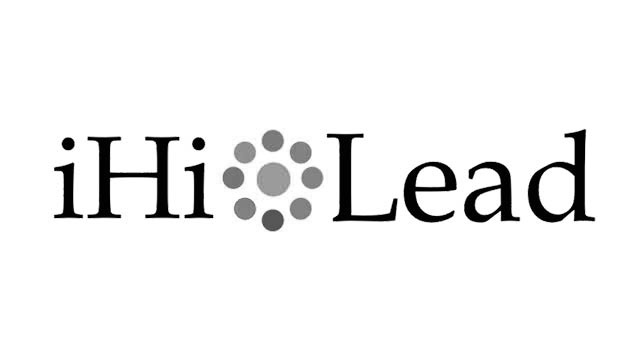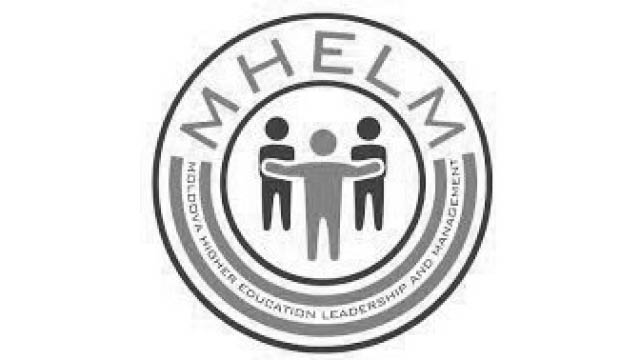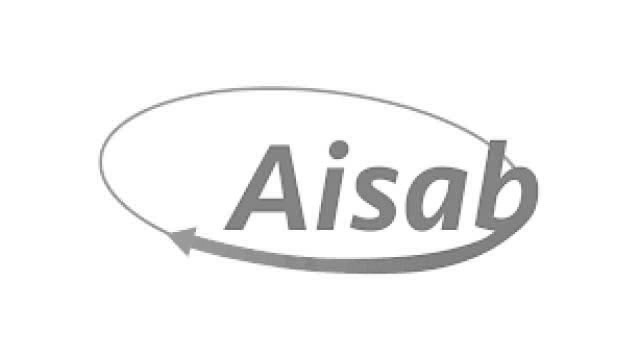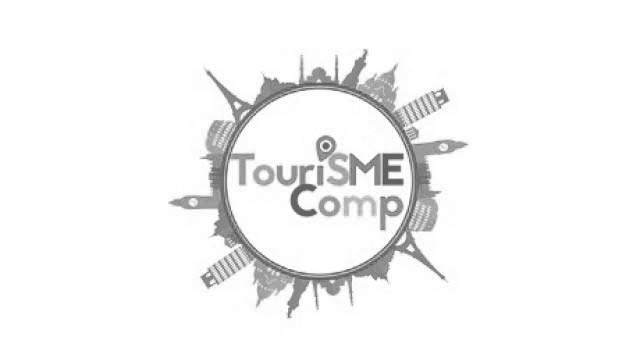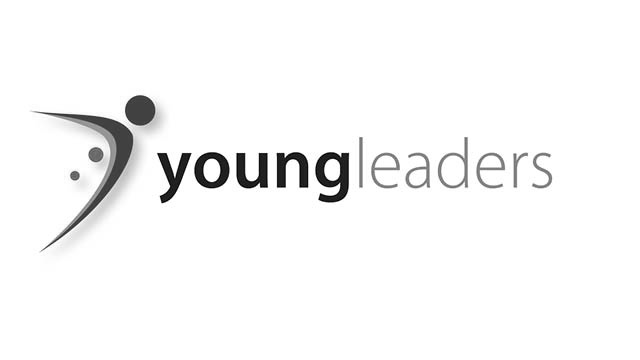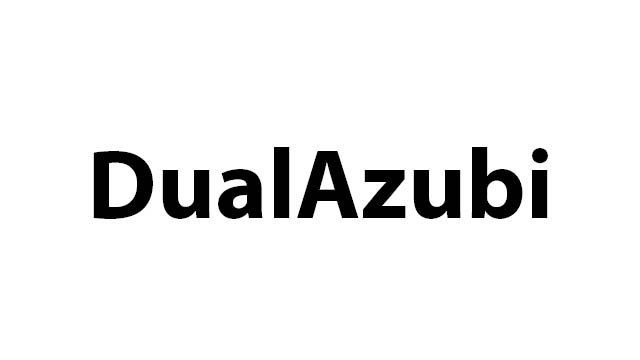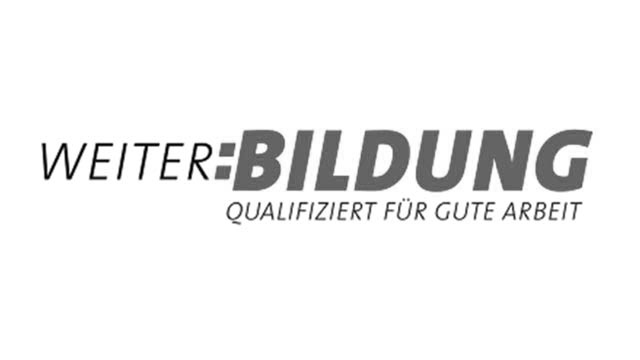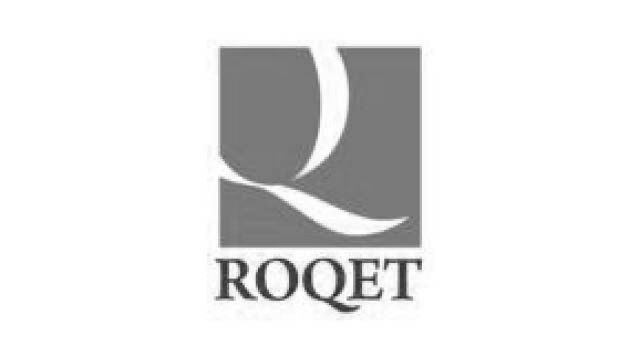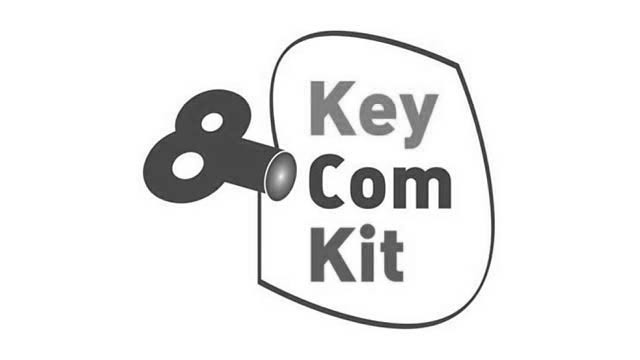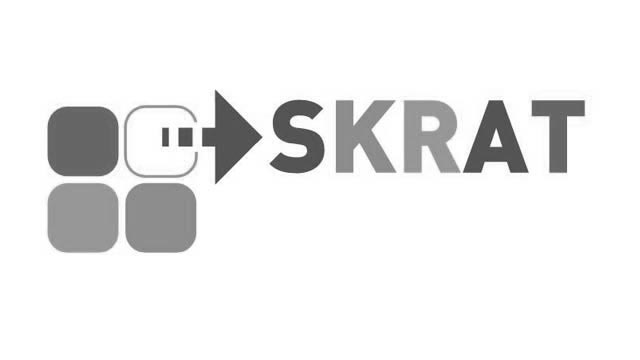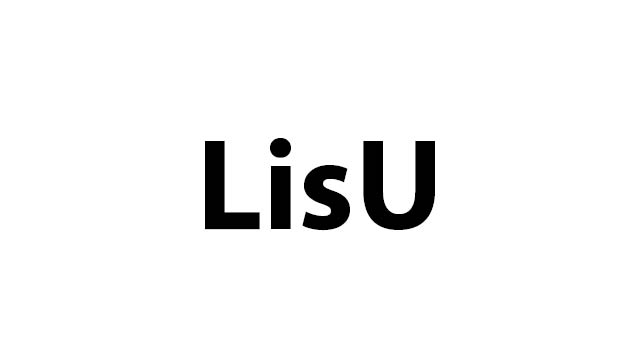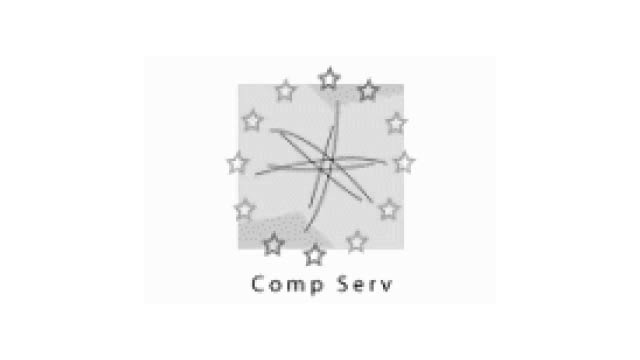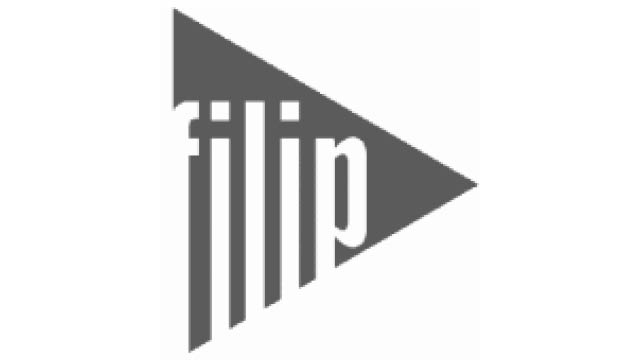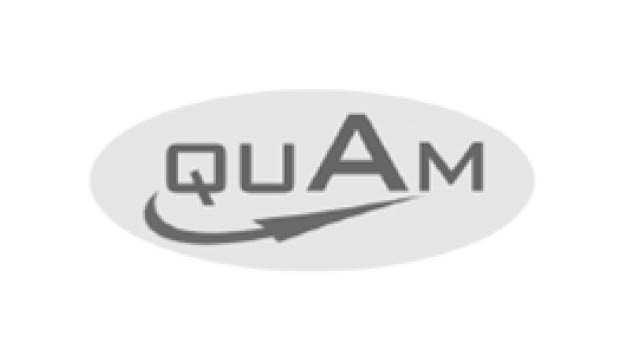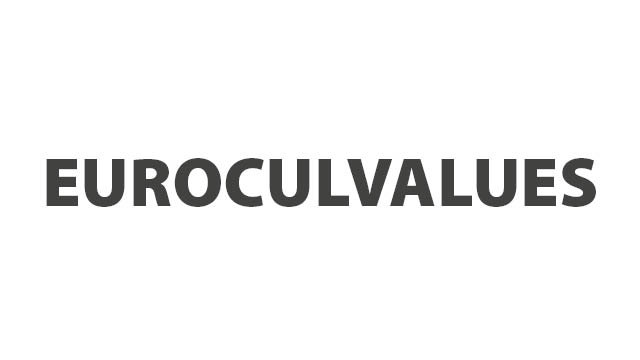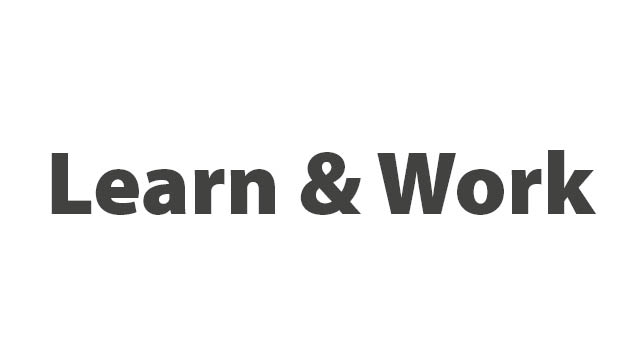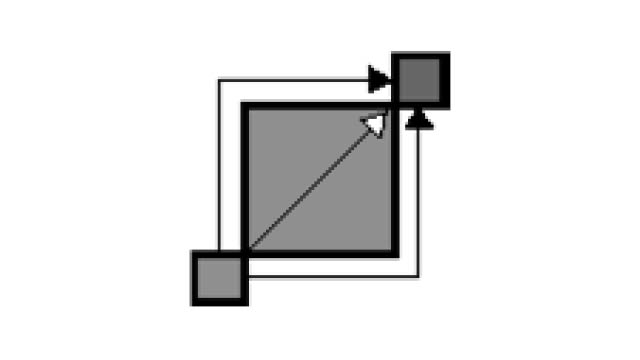Projects
We develop, accompany and evaluate innovative projects. Since 1990, in addition to programme support, accompanying scientific research, quality-assuring process support within the project team and external evaluation studies , we have formulated more than 60 project ideas that are eligible for funding and supported them with action research.
ISOB advocates free, comprehensive, not exclusively purpose-oriented education as the orienting framework for practice-oriented vocational education and training as well as life-oriented adult education.
Education
Indonesian Higher Education Leadership (iHiLead)
03/2021 – 01/2024
The iHiLEAD project is developing a programme to develop the management skills of university leaders in Indonesia, with the aim of improving quality in Indonesian higher education.
Moldova Higher Education Leadership and Management (MHELM)
11/2019 – 11/2022
Universities in the Republic of Moldova are undergoing a comprehensive reform process. Our action-oriented formative evaluation supports the needs-based development of an advanced training concept for transformative management of universities and is intended to accompany academic management staff in their professionalisation as leaders.
Applied innovation for students and companies (AISAB)
09/2017 – 04/2020
The AISAB project developed innovation coaching procedures for SMEs by students at universities. ISOB supports the self-evaluation of the project team and assesses the quality of project implementation.
The project was carried out in cooperation with the Research Institute for Vocational Education and Training (f-bb) and uses qualitative and quantitative surveys of companies as well as interviews with experts to show the perspectives of further training qualifications.
The tourism sector is an important part of the economy in many regions of Europe. At the same time, it offers a second chance to career changers, from the formally uneducated to university dropouts. Therefore, further education in tourism is particularly important. The project has developed a model and learning materials that show how learning can be systematically planned and implemented in the work process.
Young leaders are often faced with the challenge that they have excellent professional training but are still insecure about their social and communication skills. The project has developed a training programme to develop these competences.
17 pilot projects dealt with the question of how small and medium-sized enterprises in particular can be supported in training despite declining numbers of applicants and an already noticeable shortage of skilled workers.
Further education - Qualified for good work (weiter:bildung)
01/2010 – 12/2013
The project weiter:bildung (further education) develops and tests a concept for a professional further education advisory service for the Mining, Chemical and Energy Workers' Union (IGBCE) in order to support the councils of the member companies in the further development and intensification of their further education systems.
Road to excellence in the Training Quality Process (ROQET)
10/2010 – 09/2012
The project shows a method for simple and reliable self-evaluation of teachers through 360 degree feedback in different quality dimensions.
Key Competences Kit for facing lifelong learning (KeyComKit)
10/2008 – 09/2010
The European Union has described a system of key competences for lifelong learning. The project has underpinned this framework with learning materials for each of these competences.
Employees are the decisive experts in their work processes. However, knowledge is often lost during generational changes in companies. The project has developed a process model that enables companies to document the tacit knowledge of retiring employees at an early stage and ensure that it is passed on to the next generation.
Reference System for Faciliators of Learning (ReSyFac)
01/2008 – 12/2009
Learning in the work process has received increasing attention. The project described at a very early stage the competences and the job profile of facilitators of work-integrated learning.
The study describes the effects of the ageing population and the associated decline in skills and analyses innovative approaches to counteract demographic change in Germany.
European Faciliators Network (EUFACINET)
10/2006 – 09/2008
The project organised the exchange of experiences of workplace learning practitioners in Europe and documented the results in an advisory guide.
Learning in activities outside of company work processes is particularly interesting in times of global change processes. There are fields of action and also learning fields for maintaining and developing individual vocational competences with significant potentials not only for social integration but also for individual, economic and social innovations.
Independent learning in the work process is becoming increasingly important. The project has developed training materials for facilitators of work-integrated and workplace-based learning in SMEs in the service sector.
We developed a system of educational guidance for SMEs. A market-leading training service provider was thus able to better support its customers in identifying learning needs, planning training and further education and evaluating the results. In two inter-company networks, the participating companies have continuously exchanged their experiences.
The concept of open training offers companies a lot of flexibility to train their apprentices for the specific needs of their company. At the same time, this flexibility requires training to be strategically planned and supported with appropriate learning tools. Together with a regional market-leading training service provider, we have developed an online-supported system of learning and work tasks for the training of mechatronics engineers.
European cross-cultural Values (EUROCULVALUES)
10/2003 – 09/2005
Smaller companies are also increasingly operating internationally. The project has described essential elements of different values in the intercultural communication of companies.
12/2000 – 06/2003
The changing world of work and especially the promotion of a learning culture requires new ways of cooperative problem solving through close collaboration between SMEs and external educational consultants. To initiate and promote a cross-organisational learning culture, we have developed a toolbox that promotes integrated learning and working and collaboration.
Employees are experts in their own work processes. Our concept of process-oriented further training based on this expert knowledge through company learning projects has enabled employees to independently identify their learning needs and to plan, implement and evaluate their learning.

